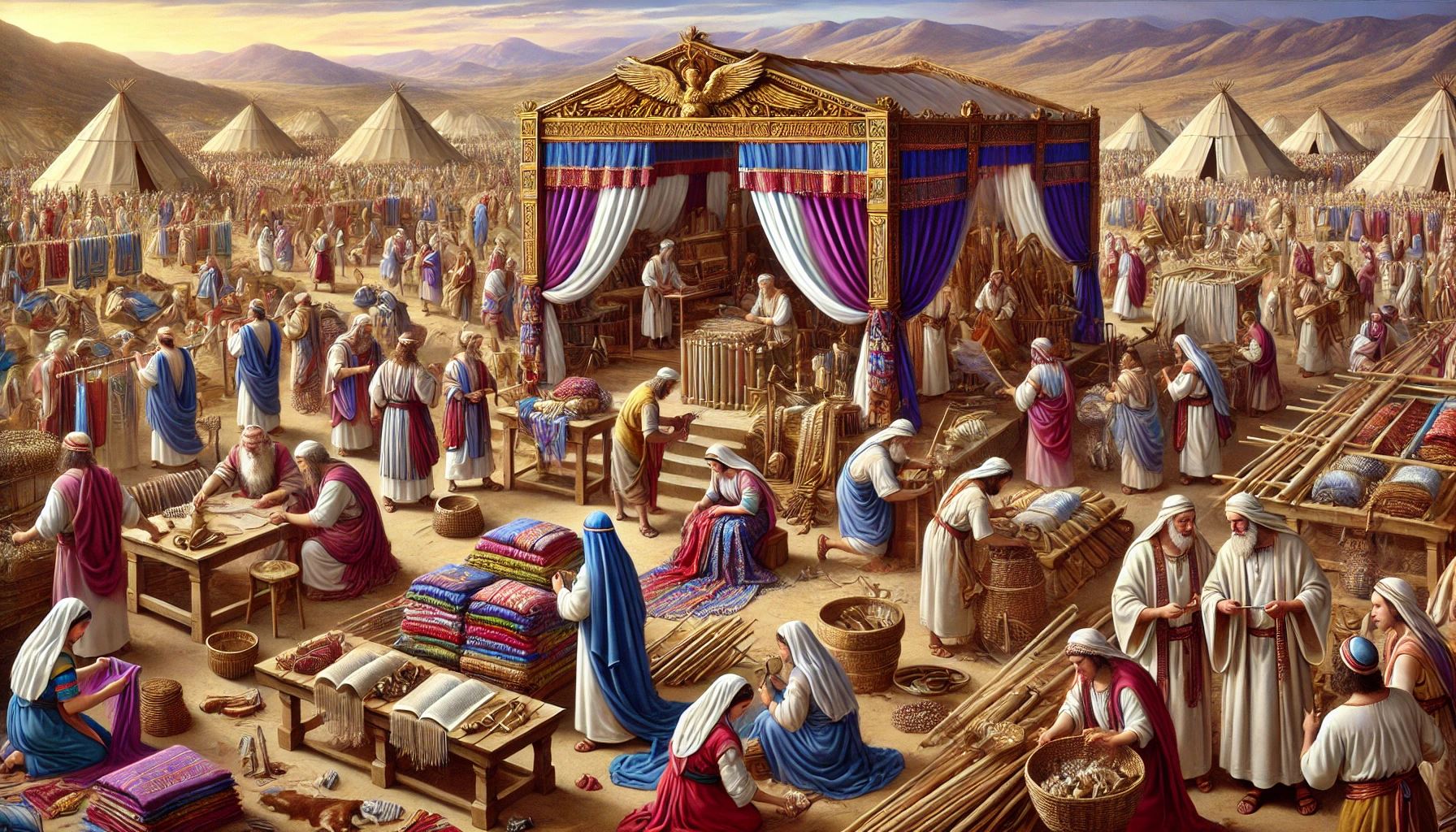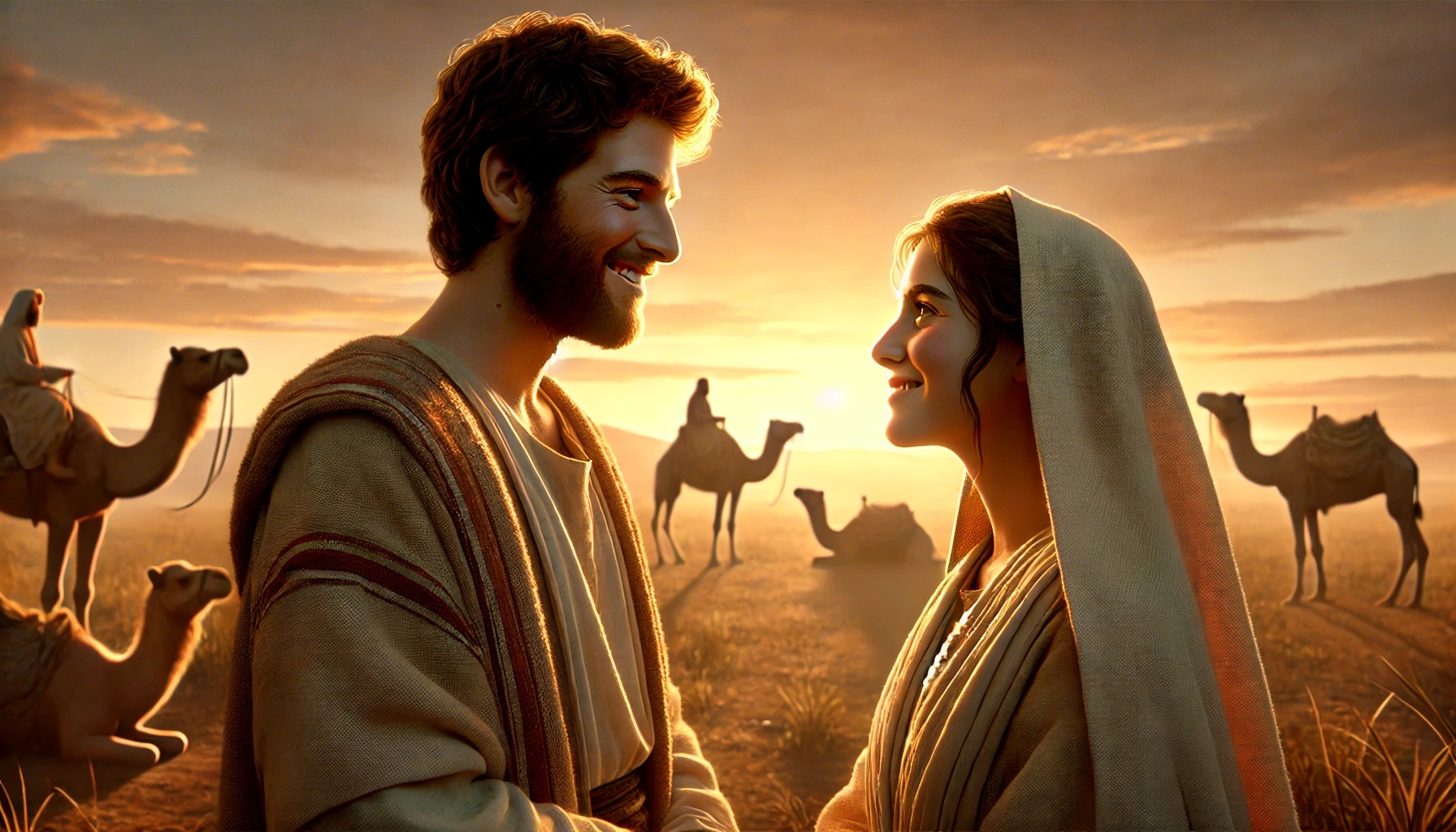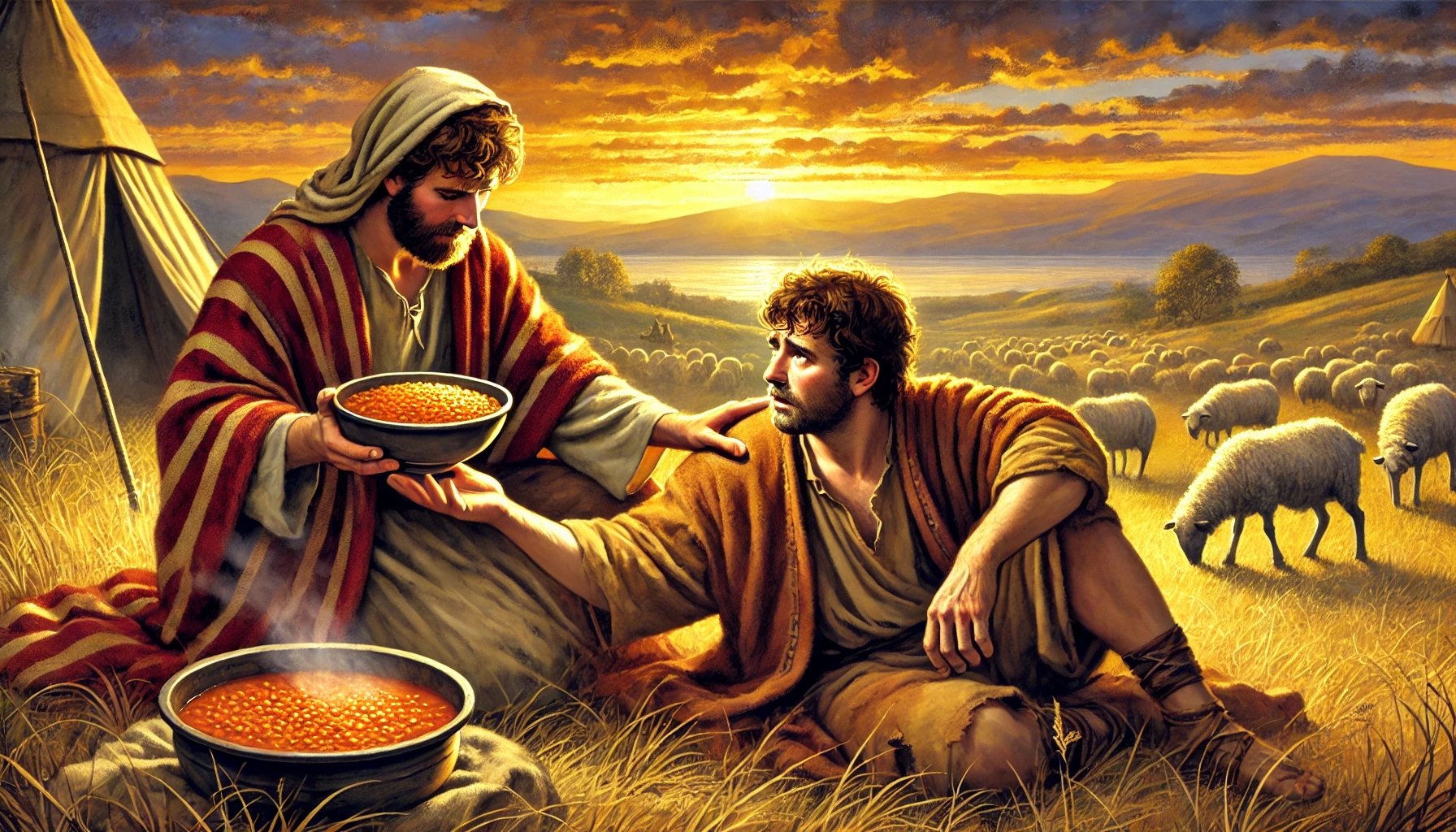
📅 July 11, 2025
📖 DAILY BIBLE READING
✨ Exodus 36 – A Heart That Gives, Hands That Build
⛺ Generosity, Calling, and Obedience in Building God’s Dwelling
══════════════════════════════════════════════
📜 Bible Text – Exodus 36 (KJV)
1 Then wrought Bezaleel and Aholiab, and every wise hearted man, in whom the Lord put wisdom and understanding to know how to work all manner of work for the service of the sanctuary, according to all that the Lord had commanded.
2 And Moses called Bezaleel and Aholiab, and every wise hearted man, in whose heart the Lord had put wisdom, even every one whose heart stirred him up to come unto the work to do it:
3 And they received of Moses all the offering, which the children of Israel had brought for the work of the service of the sanctuary, to make it withal. And they brought yet unto him free offerings every morning.
4 And all the wise men, that wrought all the work of the sanctuary, came every man from his work which they made;
5 And they spake unto Moses, saying, The people bring much more than enough for the service of the work, which the Lord commanded to make.
6 And Moses gave commandment, and they caused it to be proclaimed throughout the camp, saying, Let neither man nor woman make any more work for the offering of the sanctuary. So the people were restrained from bringing.
7 For the stuff they had was sufficient for all the work to make it, and too much.
8 And every wise hearted man among them that wrought the work of the tabernacle made ten curtains of fine twined linen, and blue, and purple, and scarlet: with cherubims of cunning work made he them.
9 The length of one curtain was twenty and eight cubits, and the breadth of one curtain four cubits: the curtains were all of one size.
10 And he coupled the five curtains one unto another: and the other five curtains he coupled one unto another.
11 And he made loops of blue on the edge of one curtain from the selvedge in the coupling: likewise he made in the uttermost side of another curtain, in the coupling of the second.
12 Fifty loops made he in one curtain, and fifty loops made he in the edge of the curtain which was in the coupling of the second: the loops held one curtain to another.
13 And he made fifty taches of gold, and coupled the curtains one unto another with the taches: so it became one tabernacle.
14 And he made curtains of goats’ hair for the tent over the tabernacle: eleven curtains he made them.
15 The length of one curtain was thirty cubits, and four cubits was the breadth of one curtain: the eleven curtains were of one size.
16 And he coupled five curtains by themselves, and six curtains by themselves.
17 And he made fifty loops upon the uttermost edge of the curtain in the coupling, and fifty loops made he upon the edge of the curtain which coupleth the second.
18 And he made fifty taches of brass to couple the tent together, that it might be one.
19 And he made a covering for the tent of rams’ skins dyed red, and a covering of badgers’ skins above that.
20 And he made boards for the tabernacle of shittim wood, standing up.
21 The length of a board was ten cubits, and the breadth of a board one cubit and a half.
22 One board had two tenons, equally distant one from another: thus did he make for all the boards of the tabernacle.
23 And he made boards for the tabernacle; twenty boards for the south side southward:
24 And forty sockets of silver he made under the twenty boards; two sockets under one board for his two tenons, and two sockets under another board for his two tenons.
25 And for the other side of the tabernacle, which is toward the north corner, he made twenty boards,
26 And their forty sockets of silver; two sockets under one board, and two sockets under another board.
27 And for the sides of the tabernacle westward he made six boards.
28 And two boards made he for the corners of the tabernacle in the two sides.
29 And they were coupled beneath, and coupled together at the head thereof, to one ring: thus he did to both of them in both the corners.
30 And there were eight boards; and their sockets were sixteen sockets of silver, under every board two sockets.
31 And he made bars of shittim wood; five for the boards of the one side of the tabernacle,
32 And five bars for the boards of the other side of the tabernacle, and five bars for the boards of the tabernacle for the sides westward.
33 And he made the middle bar to shoot through the boards from the one end to the other.
34 And he overlaid the boards with gold, and made their rings of gold to be places for the bars, and overlaid the bars with gold.
35 And he made a vail of blue, and purple, and scarlet, and fine twined linen: with cherubims made he it of cunning work.
36 And he made thereunto four pillars of shittim wood, and overlaid them with gold: their hooks were of gold; and he cast for them four sockets of silver.
37 And he made an hanging for the tabernacle door of blue, and purple, and scarlet, and fine twined linen, of needlework;
38 And the five pillars of it with their hooks: and he overlaid their chapiters and their fillets with gold: but their five sockets were of brass.
══════════════════════════════════════════════
🔵 Introduction
Exodus 36 offers us a profound insight into a remarkable spiritual event: the people of Israel participate wholeheartedly in the construction of the sanctuary. Everyone brings what they can — joyfully, and with a willing heart. At the same time, we see how God equips individuals with wisdom to carry out His plan in practical ways. It’s about more than fabrics, wood, or gold: it’s about people creating space — body and soul — for God’s presence.
══════════════════════════════════════════════
🟡 Commentary
1. The Called: Bezalel, Oholiab, and the Wise (vv. 1–2)
-
God Himself grants wisdom and understanding for the task.
-
Calling means: God equips — but people must be willing.
-
Moses calls those who are ready — a picture of the church: God calls, we respond.
2. The People’s Generosity (vv. 3–7)
-
The people bring freewill offerings — every morning, again and again.
-
Their dedication is so overwhelming that the craftsmen ask Moses to stop the flow of donations.
-
Not wealth, but willingness is what matters.
➤ Living love for God shows itself in practical generosity.
3. Obedient Construction According to God’s Instructions (vv. 8–38)
-
Everything is done exactly according to God’s instructions (cf. Exodus 26).
-
From curtains to boards, from clasps to hooks — each part has spiritual significance.
-
This precision expresses reverence for the Holy.
➤ If we desire God’s presence, we must pursue clarity, order, and devotion.
══════════════════════════════════════════════
🟢 Summary
God calls and equips people for His work. Believers respond with willing dedication. In the collaboration between the gifted and the generous, a space for God’s presence is created — the sanctuary. It isn’t improvised, but built in obedience. And: there was more than enough.
══════════════════════════════════════════════
📢 A Message for Us Today
God’s dwelling today is not a tent made of goat hair — but His church, His Kingdom, His presence among us.
Even today, He calls people who are willing to make themselves available: with their time, their gifts, their resources.
What God is looking for are hearts that give, ears that listen, hands that build, and spirits that obey.
The calling still stands. The building continues.
The question is: Are you ready?
══════════════════════════════════════════════
💡 Reflection Prompt
🧠 What would happen if every Christian gave daily with a “willing heart” — be it time, prayer, resources, or talents?
🪡 What is your “golden hook” or “twisted thread” that you can contribute so that God may dwell among us?
~~~~~⛺~~~~~
📆 July 06 – 12, 2025
📆 WEEKLY SPIRIT OF PROPHECY READING
📖 Ellen G. White │ Patriarchs and Prophets – Chapter 15
✨ The Marriage of Isaac
📖 Read online here
══════════════════════════════════════════════
🔵 Introduction
In a world where personal freedom is often placed above wisdom and obedience, the story of Isaac’s marriage stands out as a radiant counterexample. It shows how God Himself takes the lead in one of life’s most important decisions: the choice of a spouse. Abraham, the father of faith, does not leave this matter to chance or mere emotion but trusts in divine guidance — and Isaac trusts him.
This event is not just a family story, but a powerful lesson about obedience, character formation, true love, and God’s blessing.
══════════════════════════════════════════════
🟡 Commentary
📌 1. The Spiritual Significance of Marriage
Isaac’s marriage was not just a personal matter — it had implications for God’s plan for humanity. Isaac was the bearer of the promise; from his line would come the chosen people and, ultimately, the Messiah. A marriage with a Canaanite woman would have endangered that spiritual mission, as these peoples were deeply immersed in idolatry.
➡️ Key thought: Marriage is a spiritual covenant — it shapes generations.
📌 2. Abraham’s Responsibility as a Father
Although old, Abraham takes full responsibility for Isaac’s marriage with great foresight. He sends Eliezer, his faithful servant, with a clear mission: the wife must come from their believing relatives — and Isaac must not travel to Mesopotamia.
Abraham’s trust in God’s guidance runs deep. He says with conviction:
“The Lord will send His angel before you.” (Genesis 24:7)
➡️ Key thought: Parental care and spiritual guidance are irreplaceable — especially in matters of the heart.
📌 3. Eliezer’s Spiritual Attitude
Eliezer does more than just set out — he prays. At the well, he asks God for a sign of kindness and helpfulness — traits fitting for a God-fearing life. Rebekah’s response to his simple request becomes the answer to his prayer.
➡️ Key thought: Those who pray sincerely can recognize God’s guidance — even in everyday encounters.
📌 4. Rebekah’s Decision – Free and Faithful Consent
Despite all the preparation, Rebekah’s own will is respected. When asked if she is willing to leave her homeland, she responds freely and confidently:
“Yes, I will go.” (Genesis 24:58)
➡️ Key thought: God leads — but He never forces. Obedience is always voluntary.
📌 5. The Beginning of a Blessed Marriage
Isaac’s gentle character and upbringing in the fear of God prepare him for a blessed marriage. Rebekah becomes his wife, and the Bible says:
“He loved her… and was comforted after his mother’s death.” (Genesis 24:67)
➡️ Key thought: True love grows in the soil of faith, loyalty, and mutual dedication to God.
══════════════════════════════════════════════
🟢 Summary
Isaac’s marriage was the result of divine guidance, wise care, and voluntary consent.
Abraham, Eliezer, Rebekah, and Isaac all acted in faith, in prayer, and in obedience.
This marriage became a symbol of domestic happiness and a life under God’s blessing.
══════════════════════════════════════════════
📢 Message for Us Today
Today, the choice of a life partner is often made emotionally and independently of God’s standards. The story of Isaac and Rebekah offers a different path:
Marriage is not a private adventure, but a sacred covenant in God’s presence.
Parents and spiritual mentors have an important role — their counsel is not a burden, but a protection.
Prayer and spiritual maturity matter more than appearances or fleeting emotions.
Those who seek God’s guidance will discover that He has prepared what the heart longs for.
══════════════════════════════════════════════
💬 Reflection Question
Are you willing to let God lead in your most important life decisions — even in love?
Do you see marriage as a spiritual calling or just a romantic ideal?
Parents: Are you shaping your children’s character with love and example — or just letting them drift?
Young people: Do you see your parents as spiritual guides — or just critics?
~~~~~⛺~~~~~
📆 July 06 – 12, 2025
📆 WEEKLY SPIRIT OF PROPHECY READING
📖 Ellen G. White │ Patriarchs and Prophets – Chapter 16
✨ Jacob and Esau
📖 Read online here
══════════════════════════════════════════════
🔵 Introduction
In Chapter 16 of Patriarchs and Prophets, we meet the twins Jacob and Esau — two brothers whose character and way of life could hardly be more different. Their rivalry is not centered on worldly ambition but on one of the most essential questions of the life of faith: How much does the spiritual mean to us — how valuable is God’s promise? It is a story about priorities, decisions, and their lifelong consequences.
══════════════════════════════════════════════
🟡 Commentary
1. Two Brothers – Two Life Attitudes
Jacob is reflective, future-oriented, spiritually inclined. Esau is impulsive, adventurous, focused on the here and now. Even in the womb, God announces that the older will serve the younger. While Jacob values the birthright as a spiritual inheritance, Esau nearly mocks it and carelessly sells it for a meal.
2. The Birthright: Responsibility and Blessing
It involved more than material possessions — it meant spiritual leadership, priestly responsibility, and the privilege of being in the line through which the Redeemer would come. This right carried great spiritual dignity — but also responsibility. Esau was indifferent to this. Jacob, by contrast, deeply desired it — but unfortunately tried to obtain it by deceit.
3. Rebekah’s Influence – Faith or Manipulation?
Knowing God’s promise, Rebekah does not wait on His timing but uses human scheming. Jacob obeys, but with a troubled conscience. The deception achieves the desired blessing — but at a high cost: family division, flight, decades of separation.
4. Isaac’s Turning Point – Human Will vs. Divine Plan
Although Isaac favored Esau, he recognized after the deception that God’s will had prevailed — and he affirmed the blessing upon Jacob. Human weakness is overridden by divine providence.
5. Esau – A Moment’s Decision
The tragic moment: Esau, who had long despised the spiritual blessing, now seeks it back with tears — too late. What moves him is not true repentance, but personal loss. His story becomes a warning to all who trade the eternal for the temporary.
══════════════════════════════════════════════
🟢 Summary
Jacob and Esau represent two attitudes toward God: spiritual striving versus carnal desire. While Jacob sought the right thing the wrong way, Esau rejected the right thing altogether. God’s plan is fulfilled despite human failure — but not without painful consequences.
══════════════════════════════════════════════
📢 Message for Us Today
How much do we value God’s promises?
In a world full of distractions, offers, and instant gratification, it is easy to be like Esau — to trade the eternal for the immediate — whether through compromise in our faith or giving up spiritual principles for social or personal “peace.”
This story warns us: spiritual blessings are no game. God’s gifts are holy. When we understand their value, we will neither treat them carelessly nor try to obtain them through improper means. God fulfills His promises — but in His way, in His time, through those who trust Him.
══════════════════════════════════════════════
💬 Reflection Thought
What decision I make today could impact my eternity?
Am I — like Esau — possibly trading the eternal for the immediate?
Do I trust God to uphold His promise without my interference — or, like Rebekah, am I tempted to “help Him out”?
Lord, teach me not to misuse Your gifts — and help me to value spiritual things above temporary gain.






















